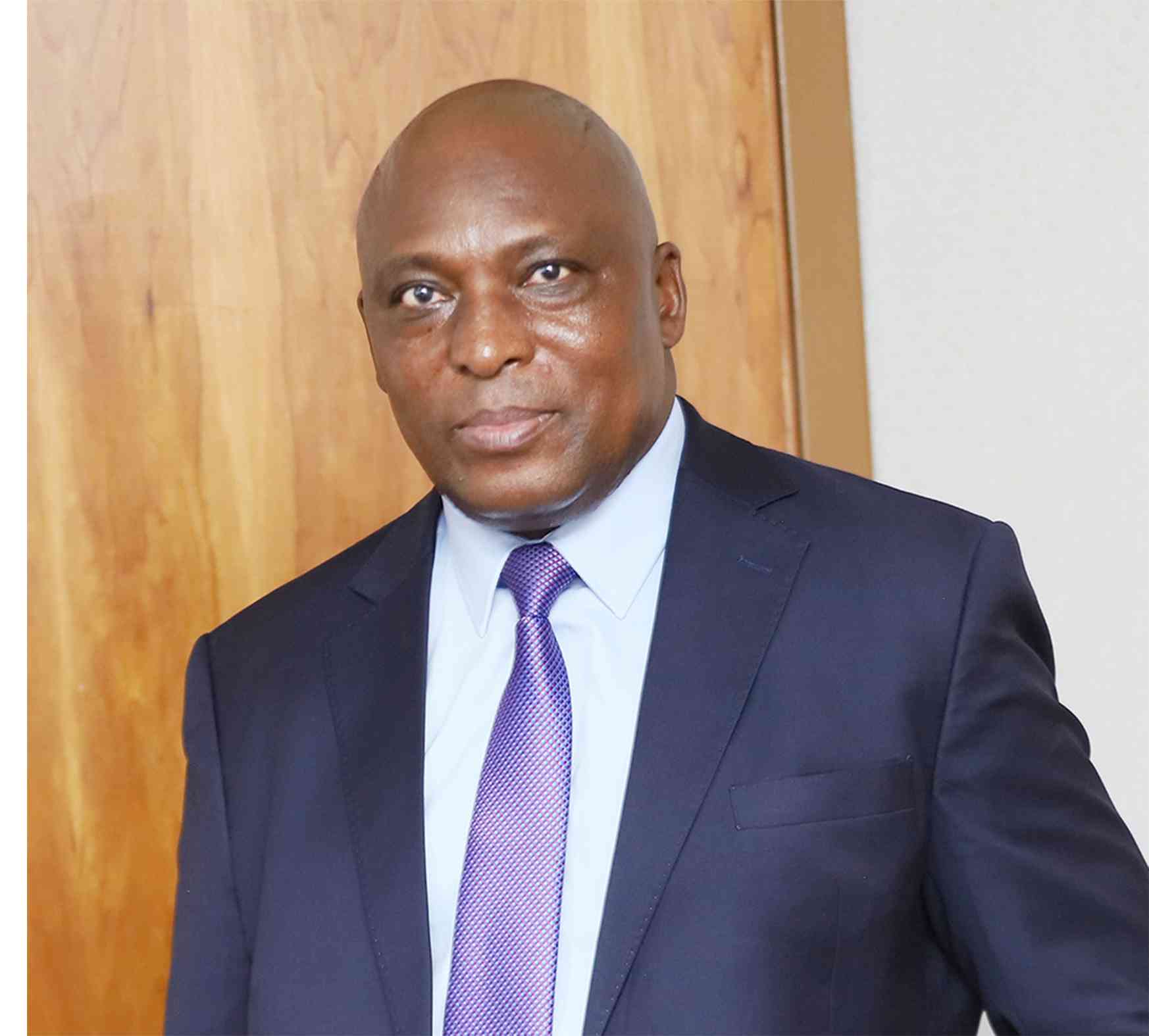
Memory Nguwi THE people who are in your C-suite are the people who determine the direction of the organisation.
They are responsible for setting the strategy for the business. A weak executive team will falter when faced with a tough operational environment.
An improper executive team is likely to misuse resources and mismanage the organisation’s human capital base.
CEO turnover is high globally when compared to Africa.
Research shows that 40% to 70% of executives fail within 18 months after starting a job.
This is regardless of whether they were hired from an external source or internally.
In Africa, most CEOs’ turnover is largely a result of corporate governance scandals than core job performance issues.
The major reasons why CEOs get fired are integrity issues, poor results, and disagreement with the board or shareholders.
- Chamisa under fire over US$120K donation
- Mavhunga puts DeMbare into Chibuku quarterfinals
- Pension funds bet on Cabora Bassa oilfields
- Councils defy govt fire tender directive
Keep Reading
As organisations search for executive talent, there is a need for extra care as a wrong hire could be costly.
The key question is, are boards concerned by poor hires at the executive level?
They should be concerned because, ultimately, when the executive fails, the board fails too.
I believe that the high failure rate of CEOs and executive teams results from a flawed hiring process. If boards put their efforts into ensuring that the best processes are followed in hiring the executive team, they will have a higher chance of success.
The first stage in hiring executives is clearly defining what the person would do in the job.
The process is often poorly done. Several organisations rely on generic job profiles. That is a recipe for hiring the wrong candidates.
Instead, the board (i.e. the full board) needs to seriously discuss what makes good CEOs in their context.
This is a big missing link.
This discussion cannot be relegated to any one committee.
While it can start in a committee, it needs ultimately to be a board issue.
The job profile should be based on the issues the organisation is currently facing and is expected to face in the future.
The board discussion should centre on the attributes that the executive must possess. Most executive positions demand transformational leaders, who can navigate the ever-changing corporate landscape.
They must have the capacity to lead others, as well as business and political acumen. They must also be digitally savvy.
Research has shown that boards often fail to define what they require in a CEO or executive before hiring.
As a result, the process is uncoordinated, and the board members have their views on what a great executive would look like.
They take this view direct into the interview process resulting in a bad outcome.
Often board members are looking for subordinates instead of leaders.
More dangerous in searching for the right executive is to gauge progress by the speed at which the process is executed instead of focusing on quality.
A deep appreciation of executive work is key in hiring the right candidate.
The executive team should be composed of astute business leaders who are not concerned with job-specific technical know-how but general business acumen.
Such executives must be able to influence decisions throughout the organisation, including those people outside their line of command.
Anything short of this would lead you to hire supervisors.
You will end up with supervisors in a leadership positions.
Target to get the best candidates who meet this criterion.
Never settle for second best.
Do not ignore the organisation’s challenges when deciding on the profile of the person you want in an executive role.
Consider the life cycle of the organisation.
Some organisations are in maintenance mode where a new executive is unlikely to change anything except ensuring that things continue.
Executive roles require strategist par excellence.
People who can put the organisation’s needs ahead of theirs.
A task that is not easy for most executives.
A key process in defining the role is for the board to have consensus on the key attributes required for a person to succeed. Research shows that most board members go out looking for people like them.
They look for people who are likely to agree with them than challenge them.
The results are that a candidate is hired who is a good subordinate but not a good leader for the challenges the organisation is facing.
What a tragedy? When hiring executives, it is not important whether you choose an internal or external candidate.
What matters is that the person must be able to do the job to the board’s satisfaction.
That process starts with defining what that person would need to do and what attributes would make such a person succeed in the role.
The selection process must be based on science.
Global and successful corporations use a variety of selection tools when hiring executives.
These range from psychometric tests assessing cognitive ability, integrity and personality. I also encourage you to employ the assessment centre methods before the final interview stage. That way, you have a full-proof process for hiring the right executive.
- Nguwi is an occupational psychologist, data scientist, speaker and managing consultant at Industrial Psychology Consultants (Pvt) Ltd, a management and HR consulting firm. https://www.thehumancapitalhub.com or e-mail: [email protected].











